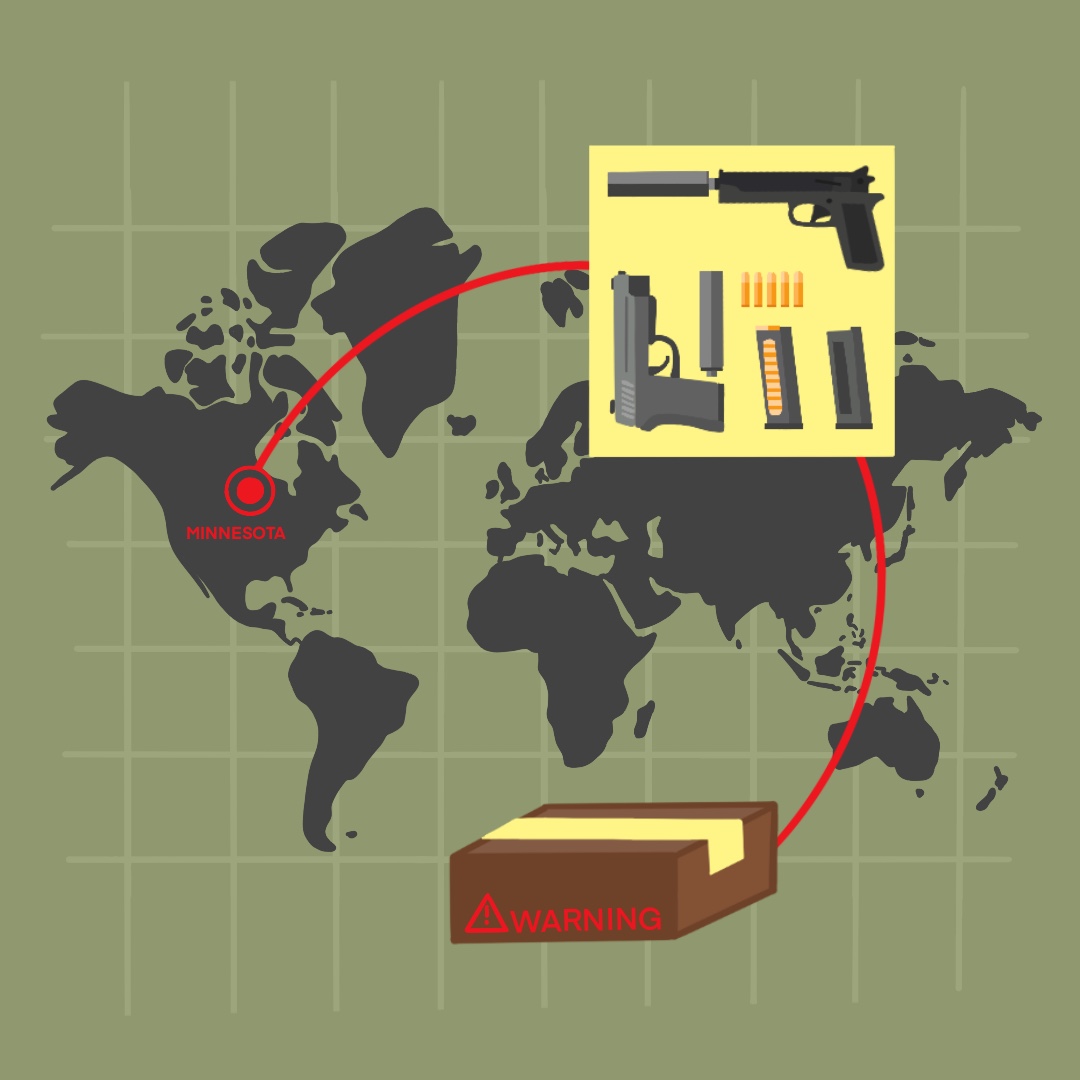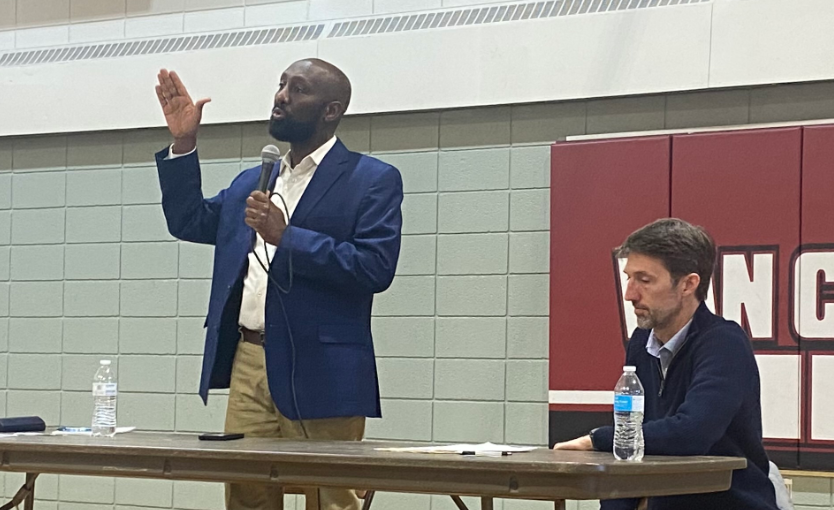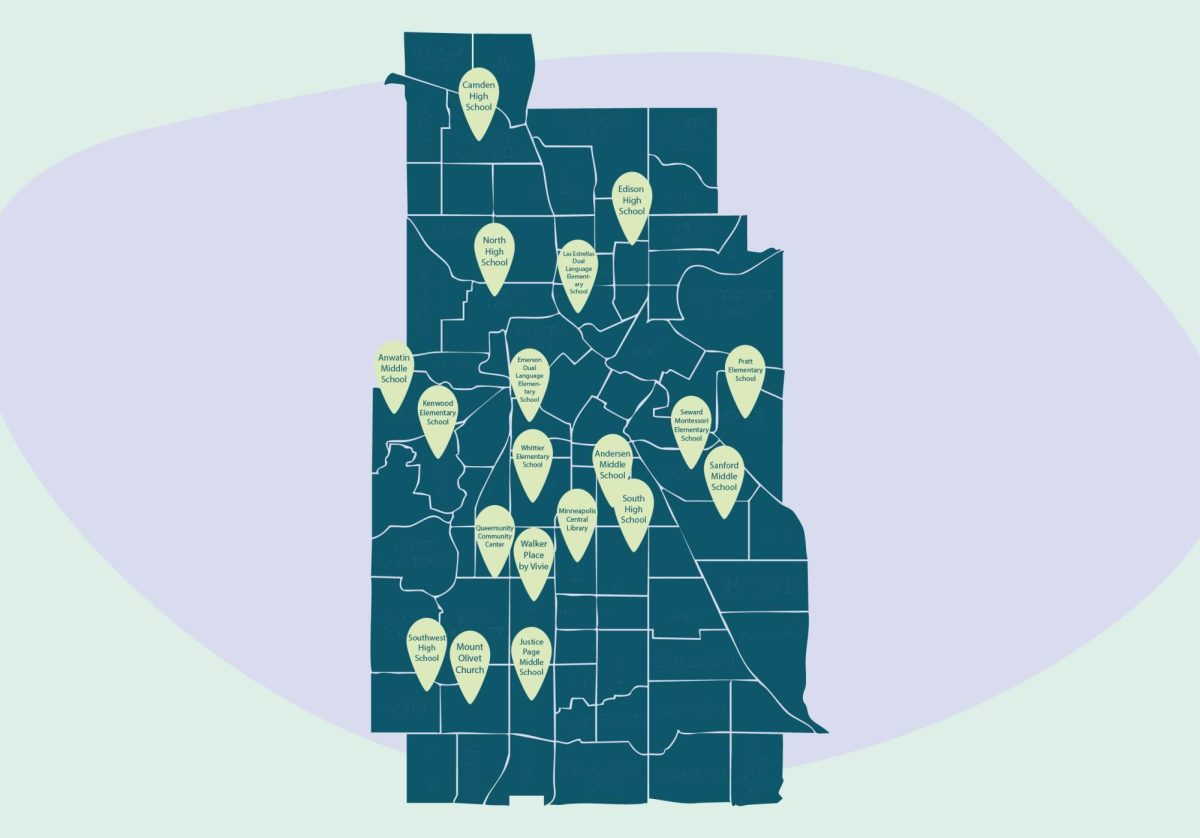Minnesota legislators push for bipartisan support for a bill to create an Office of Inspector General (OIG) in Minnesota to investigate, identify and prevent future fraud in the state.
The bill requires the future inspector general to have a bachelor’s degree in either criminal justice, public administration or law, have a professional certificate from the Association of Inspectors General and more. Duties include conducting inspections, investigations and evaluations of state agencies to identify fraud and other abused funds given to outside institutions.
Sen. Heather Gustafson (DFL-Vadnais Heights) said the goal of the OIG is to create an independent oversight authority to work with existing fraud prevention agencies such as the Office of the Legislative Auditor and the Office of the Attorney General.
“It’s not trying to purposely go after people just for the sake of going after somebody,” Gustafson said. “There has to be some indication that dollars are being spent, but the office would employ investigators and they would have access to documents.”
Fraud cases around the state such as Feeding Our Future inspired Gustafson and Sen. Michael Kreun (R-Blaine) to act.
Feeding Our Future organizers received around $250 million in funding from the Minnesota Department of Education to feed underserved children during the COVID-19 pandemic, however, over a dozen people were charged in 2022 for allegedly stealing the funds.
Gustafson said she invited Kreun to co-author the OIG bill to ensure bipartisan support from the beginning. They present at committee meetings together and meet at least once a week to discuss new improvements and other lawmakers’ input on the bill.
“We decided early on that instead of fighting about this on the floor or in a conference committee or yelling at each other in the media, why don’t we just meet every week,” Gustafson said. “Let’s go over everyone’s concerns. Let’s get a joint bill across the finish line about the Senate, the House, and then show Minnesota we can do it.”
Kreun said like most Minnesotans, he saw various fraud stories in the news and wanted to do something about preventing future stories when the legislative session started.
Like Gustafson, Kreun said the state already has inspector generals to investigate for fraud within certain agencies, but it is important to have an independent, state-wide inspector to ensure fewer fraud stories occur in Minnesota.
“It’s a very important thing to have this office be as truly independent as possible by taking the partisanship and the politics out of this office,” Kreun said. “So that this person in their office can do the work that Minnesotans expect.”
Besides the Feeding Our Future fraud, federal investigators raided two Minnesotan autism treatment centers in December 2024 for submitting fraudulent claims to receive funds from Medicare for services that were never provided.
Gustafson said it is a misconception that only Republicans care about preventing fraud in Minnesota. In reality, she said it is a bipartisan issue because it can impact anyone across the state.
“A lot of other states have one, but we don’t,” Gustafson said. “This feels like a policy that is really meeting the moment. There are a lot of stories that come out every week now and it’s not good.”
Besides hearing from other legislators, Kreun said it is necessary to hear from all possible stakeholders like the Bureau of Criminal Apprehension (BCA) to ensure the bill succeeds.
“We want to have a bill that actually works at the end of this,” Kreun said. “You have to listen to input from the agencies themselves, the BCA, all of these different stakeholders out there that will be playing a role in this.”
Besides the struggle to gain bipartisan support, Gustafson said ensuring the governor will sign the bill into law is the next hurdle they need to confront, especially considering that Gov. Tim Walz created a fraud prevention package in the BCA.
Kreun said with stories like Feeding Our Fraud circulating in the media, people need more transparency and accountability to trust their government.
“Minnesotans need to have trust in their government,” Kreun said. “They need to have transparency, accountability. They want to know that the public funds that we’re appropriating for all of these very important needs are actually going to where they’re supposed to be going.”
Although Minnesota has other agencies overseeing fraud, Gustafson said gaps remain that need addressing and filled to protect all of Minnesotan’s tax dollars.
“We weren’t maybe doing enough and this will fill that gap of what we were doing, build on it, add to it,” Gustafson said. “In the end, the whole goal is to just make the government more efficient and to protect our tax dollars.”















Ken DeYoe
Feb 25, 2025 at 5:26 pm
Let’s hope another function will stop fraud. Hope is the key word.